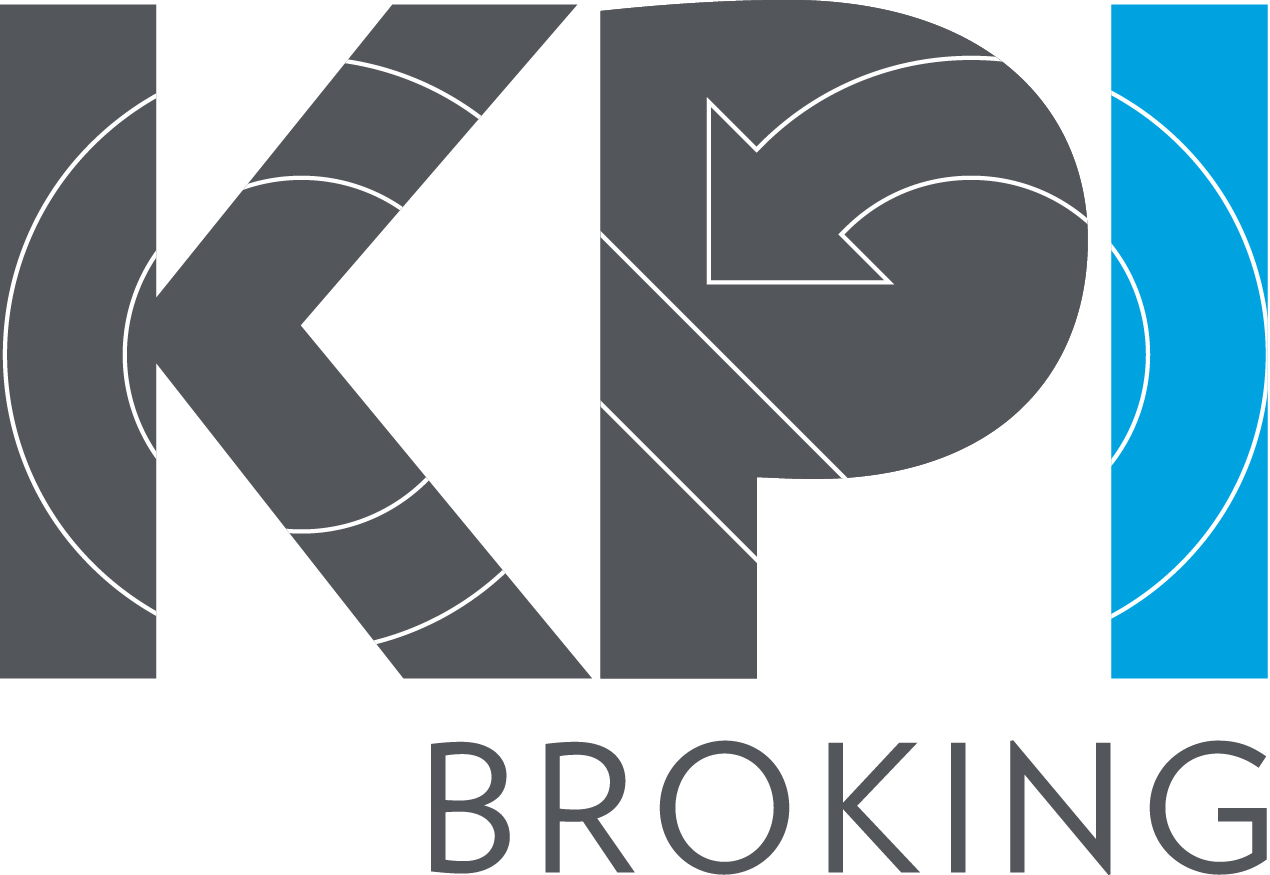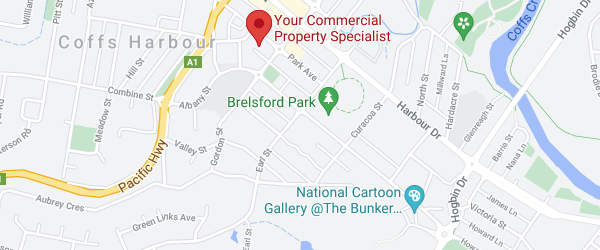Should a Commercial Property Owner Contractually Transfer Property Insurance To Their Tenant
Property and/or Liability Insurances are the parts of a property owners insurance program sometimes incorrectly transferred to the lessee. It is simply a method to pass on the cost of insurance to the Lessee but it needs to be understood that it is not foolproof and can come at some considerable risk to the property owner and in many cases is not recommended.
There is usually no advantage in transferring the insurance to the Lessee because any small savings on insurance are offset by the risk of not having an adequate insurance program in place.
Some commercial property owners may believe that tenants who have high risk occupations, like wood working, plastics, cold food storage or occupations that use petroleum, gases, oils, chemicals and such, should be required to arrange the insurance because of the high cost of insurance. Please remember that the high cost of insurance for high risk occupations is due to there being a greater likelihood of a major loss and all the more reason why the property owner needs to control their own insurance program.
However, in some cases for high risk occupations or businesses in unique situations, there may be no alternative but for the owner to transfer the insurance to the lessee as the cover may not be available to individual property owners.
Property owners should always discuss the merits of this course of action with their broker before transferring any part of their insurance program.
Always arrange your insurance through your Insurance Broker, seek their advice and their recommendations. This provides the best protection to you as the owner of the property.
Your Insurance Broker will be able to identify the issues associated with any type of occupation of your premises and arrange the appropriate covers and risk recommendations to ensure you have the best cover available.
Here are some triggers to contact your Broker –
1. A change of tenancy or the premises become unoccupied
2. A change of occupation
3. Any alteration or circumstance that significantly increases the risk of loss, damage, injury, illness or liability at the premises
4. A property damage or bodily injury that could give rise to an insurance claim
5. Any renovations or capital additions.
This great advice has been provided by Ken Phillips of KPI
Ken Phillips
Managing Director

(02) 6658 9454 | M: 0456 855 454 | kpibroking.com.au | ken.phillips@kpibroking.com.au
This blog content may contain links to other websites. We are not responsible for the privacy practices or the content of those websites. The Privacy Policy of this website does not extend to those linked websites. This content has been supplied to Your Commercial Specialist by a third party to assist the audience of this website. Your Commercial Property Specialist take no responsibility for the accuracy of the information supplied by the third party and the audience should make their own enquiries on the information supplied and seek their own independent specialist advice regarding the content supplied. No financial benefit has exchanged for the use of or display of this information.
©2026 Your Commercial Property Specialist |Privacy Policy |Disclaimer | Sitemap| Marketing byReal Estate Australiaand ReNetReal Estate Software

